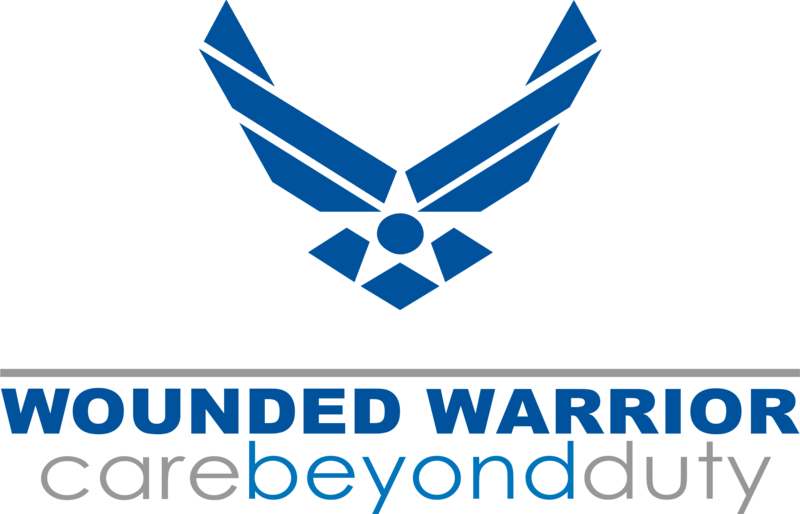By: Melissa Bitter
It requires buy-in from the individual, the family and friends and sometimes, even colleagues and leadership.
The Air Force Wounded Warrior (AFW2) program knows that support is essential in making strides on the healing journey for the recovering service member and those who care about them.
When an Airman or Guardian enters the program due to serious injury or illness, one of the initial steps of in processing includes gathering information about those in the household as well as anyone who could be in the caregiver role.
“When we first meet some of the Caregivers and families, they often feel isolated or alone in their circumstance”, said AFW2 Caregiver Program Lead Tonya McGough. “When they come to be with us during a C.A.R.E. Event, we focus on healing, prosperity, and the positives of their life circumstances. We don’t look back at the ‘could have,’ ‘would have,’ ‘should have’ of the situation. We look at how can we support this new path forward.”
AFW2 offers a Caregiver program track that provides opportunities to build relationships with peers, share relevant resources, learn different ways to manage the stress that can come with changes in life circumstances, as well as support for additional family members.
Family members often can recognize changes in behaviors and outlooks, even if the recovering service member (RSM) believes they are hiding their struggles well. “None of this was available for my husband or my son,” said Grace Jenkins who attended a C.A.R.E. Event at Joint Base Lewis McChord with her daughter-in-law SSgt Crystal Jenkins. “I knew they needed support, but they felt left behind and alone. It was horrible for them and for me trying to get support. This, what you all do here, is what we needed.”
AFW2 provides opportunities in-person C.A.R.E. Events multiple times per year in different regions of the country. Recovering service members, their caregivers and families can participate in various aspects of the program. While the RSM and Caregivers are enrolled in full-day enrichment classes, and training, family members can show support during the evening resiliency programming and the opening and closing events.
Many family members enjoy cheering in the stands during adaptive sport competitions or joining the fun of music with Rock to Recovery or even testing their comedic talent with our improv coaches.
The Resiliency Program track brings in music, art, mindfulness and comedy as alternative activities that support the recovery journey of the service member, and the families.
“That’s sometimes the hardest part,” Jenkins said. “Letting go of this need to control and fix everything, to just release and enjoy.”
Sometimes, participants can get a case of the ‘blues’ after an event. That sense of togetherness and companionship brings them to a place of comfort, and when the event closes, they can feel disconnected again. AFW2 maintains communication groups that are formed during specific events and as well online groups for the participants so that there is always an avenue for reaching out to one another.
“We have so many people who leave the in-person and virtual events with a feeling of hope and with a feeling of community,” McGough said. “Everyone can recognize what struggles they are going through, but they also recognize, they aren’t going to go through it alone. We’re here. And we’re supporting each other through whatever comes next.”
Learn more about the AFW2 C.A.R.E. Events and the family support at Air Force Wounded Warrior Program.




